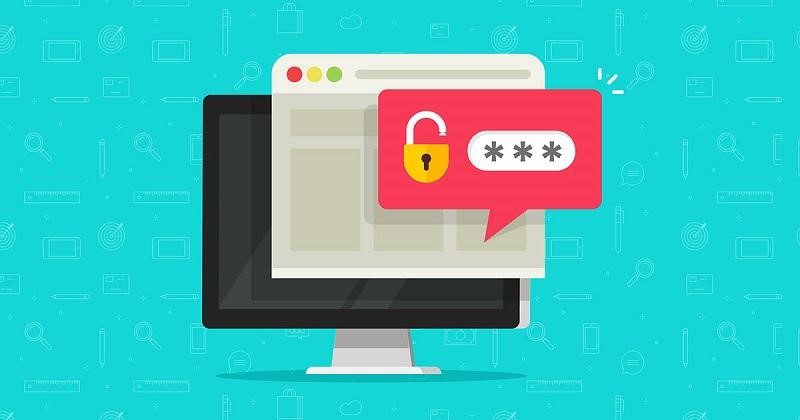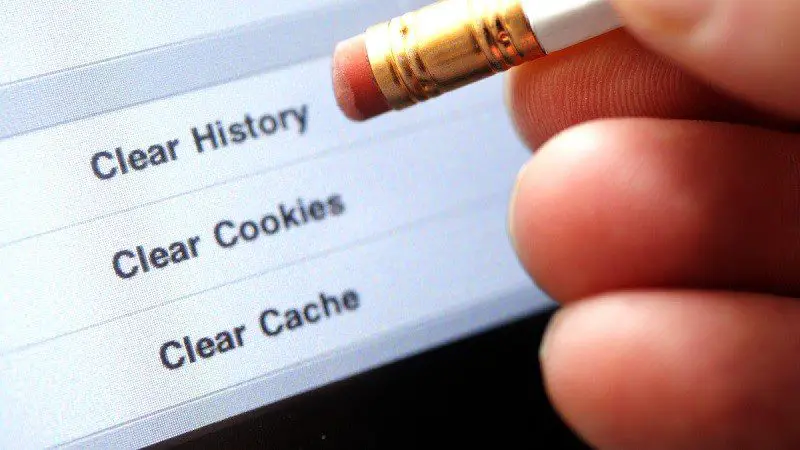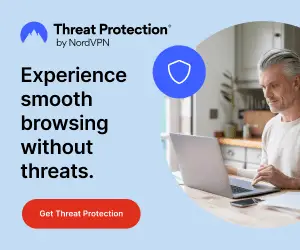How to Secure Your Online Accounts Beyond Password Protection
 The majority of the websites and online services require you to create an account before you can access them completely. Up till now, there would be plenty of your online accounts that are scattered all over the internet.
The majority of the websites and online services require you to create an account before you can access them completely. Up till now, there would be plenty of your online accounts that are scattered all over the internet.
These accounts contain your personal information that could be very risky if it were in the hands of a cybercriminal. That is why you need to secure them. There are many ways to keep your account secure and that goes beyond using password protection because that’s the obvious one.
Follow these tips to secure your online accounts for good:
1. Use Security Extensions/Apps for Devices
To make web browsing more secure, you need to have some of the best security extensions & software for your devices. One of that very important software is a VPN.
The VPN apps are available for all kinds of web browsers & operating systems like Windows and Mac. However, finding good free VPNs can be a bit difficult. So if you’re looking for a good free VPN for windows, you can choose from the list of free Windows VPNs by VPNRanks to ensure complete online protection for your Windows Devices.
A VPN is actually software or a tool that hides your online traffic from hackers, ISPs, and the Government. In short, all your traffic goes through an encrypted tunnel that can’t be seen by any outsider trying to eavesdrop on your traffic.
Therefore, whatever you browse on the web or access any account, all will be encrypted. Another extension or app you can use is HTTPS Everywhere and Unblock Origin.
2. Use Two-Factor Authentication
Using a strong password is not the only way or the best way to secure your online accounts. You need to have an extra layer of security just like the 2FA.
If a website uses two-factor authentication, then use it without hesitation. It may consume a little more of your time when you login with the account but it is truly worth it.
Two-factor authentication is basically a temporary code, a secret question, or anything other than the password to log into the account.
Even if the hacker manages to get hold of your password, he won’t be able to login because he won’t have access to the code sent to you on your mobile phone.
3. Delete Unused Accounts
Do not keep any unwanted accounts that you don’t use. However, you have to be 100% sure you won’t be using it again either for business or for personal use.
Some websites make it too hard to delete an account. For that purpose, you can talk to their customer support.
4. Clear Browsing History when Using Public Computers
Needless to say, always log out with your account or clear browsing history when using the internet on a public computer.
It makes sure that you do not miss out on anything. Also, if possible use the Incognito Mode or Private Browsing mode. This way, you won’t need to delete any history because there won’t be any browsing history to clear.
5. Do not Use Public Wi-Fi’s Without a VPN
You should be very careful while using public Wi-Fi because even a beginner level hacker will be able to hack your device and steal information.
Even though there won’t be any hacker in a nearby public place where free public Wi-Fi is available, try to avoid it in any case.
You may use a VPN to access public Wi-Fi as it will hide your IP address and all the information that is in your phone and make it completely encrypted. VPNSurfers is recommended for you.
Most hackers tend to find tourists using public Wi-Fi because they are easy targets for them and also because they can extract banking information from their mobile devices.
6. Keep Software Updated
Whatever happens, always keep your software updated. Every software once in a while releases updates because of the improved features and to fix any security issues.
If you don’t update your software, hackers will easily find that you’re using the older version and will be able to exploit security vulnerabilities.
I would recommend everyone to keep automatic updates turned ON every time so you don’t have to manually update them in case you forgot.
Key Takeaways
If your accounts are scattered all over the internet, then it’s time for you to secure your online accounts with the tips that I have mentioned in this guide.
The most important of them all is to use a VPN whenever you log in to your account through a web browser on your computer or through your mobile device.
It will hide your online traffic whenever you’re on the internet and that’s what keeps your online identity protected.






